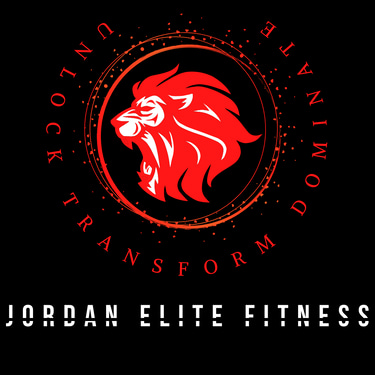Working Out for Extreme Fitness
This blog challenges the notion that achieving a muscular physique requires excessive time in the gym, suggesting that full-body workouts can be efficient and effective. It emphasizes the benefits of training the entire body in a single session, including reduced frequency of gym visits and shorter workout durations.
5/2/20232 min read


Many people think of building muscles as abandoning life outside the gym and devoting hours in the gym like a monk in a monastery. Perhaps the only way to chisel the body into a muscular physique is by toiling hour by hour over the rusty iron day in, day out, and year in, year out.
This need not be so. Although hard work is truly required, extreme fitness demands that one be a slave to the iron weights. Full-body workouts can make one progress, and they easily fit into one's schedule. This is very convenient if one is looking forward to achieving extreme fitness but finds it hard to hold on to a single workout routine.
Genuine full-body workouts done by athletes with an aim in mind make for maximum muscle contraction using heavy weights, make room for full recovery so one can actually grow and continue to train hard, and also prevent burnout, which is inevitable due to excess training.
So if one is ready for extreme fitness, here is all there is to know about full body workouts:
A full-body workout is a time saver. The biggest plus about having the whole body trained all at once is probably having to go to the gym less frequently; perhaps two to three times every seven days would be enough.
Another advantage of working out the entire body all at once is that one need not spend two or more hours of strenuous exercise in the gym for every session; one only spends one hour in the gym for every session. So that's just three to four hours per week in the gym, right? With full-body workouts, it is all about the quality of exercise one does per session, not the quantity, or even the amount of time you allot per session.
A full-body workout boosts the cardiovascular system for extreme fitness. One must allot two to four sets for every body part in the one hour session. Jam packed with exercise, each one hour session then gets the heart and the rest of the cardiovascular system pumping and up to speed in a flash.
Now that you're feeling pumped up, find out what rules one has to follow when engaging in full-body workouts:
Training commences only once every two to three days. This is so easy, isn't it? What is great about this is that there is time spared during rest days so that one can indulge in a few cardio exercise sessions instead of depending on the cardio exercises one normally does at the end of each workout session, which, after all, are not at all very effective.
Heavy lifting is strongly advised. Contrary to popular belief, especially among athletes. It is not true that it is good to get trapped in training more lightly than one actually could so as to conserve energy for the other body parts that will come later in the routine. What is true is that one cannot achieve optimal progress if one is not training hard, no matter which program that person is doing.
One exercise per muscle group. This is very easy to follow and is also important. Doing basic exercises that are also intense means you do not have to do another exercise for that body part.
Keep workouts short. Resistance training affects the natural hormones of the body connected to muscle building. Intense exercise boosts testosterone levels, and long workouts increase catabolic cortisol levels. Sixty minutes of exercise allows you to get the best of both worlds.
With this convenient and powerful workout regimen, one can now truly experience extreme fitness.
